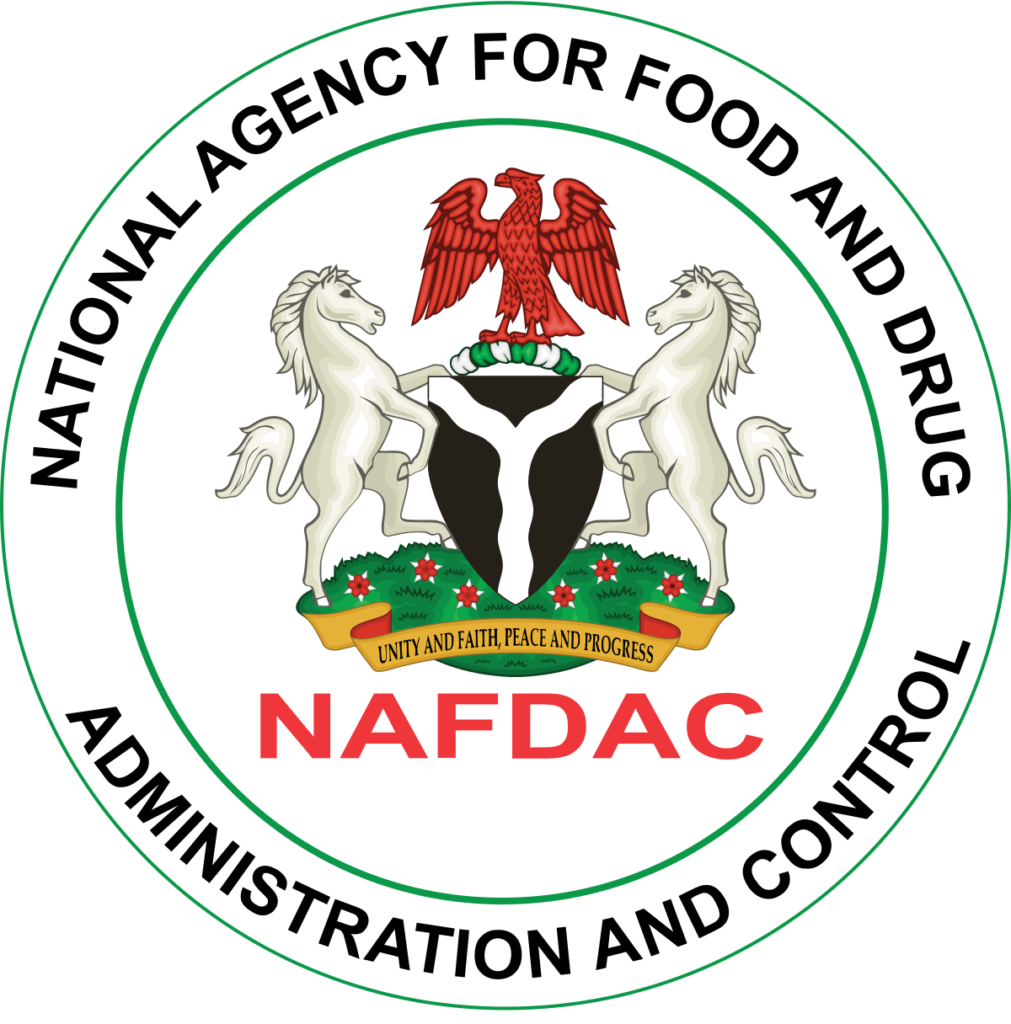849
By Daniel Adaji
The National Agency for Food and Drug Administration and Control (NAFDAC) has entered into a partnership with the Nigeria Natural Medicine Development Agency (NNMDA) to strengthen the standardisation and scientific validation of herbal medicines through clinical trials.
Announcing the collaboration in a statement on Sunday, NAFDAC Director General, Prof. Mojisola Adeyeye, said the move is designed to simplify the approval process for herbal medicines while encouraging practitioners to subject their formulations to rigorous scientific testing.
“Nigerian herbal medicine practitioners have the capacity to formulate safe and effective indigenous natural remedies that meet international standards,” she said.
The initiative, according to her, aims to ensure that locally formulated herbal remedies are safe, effective, and meet international standards.
Adeyeye noted that NAFDAC grants two types of approvals for herbal medicines – Listing Approval and Full Registration Approval. Listing (L) Approval is issued after a product passes toxicology and safety evaluations in the agency’s laboratories. Products under this category carry a NAFDAC number ending with the letter “L” and are valid for two years.
Full Approval, on the other hand, is granted only after clinical trials confirm the product’s efficacy. This category carries a five-year validity and certifies that the medicine has undergone scientifically proven testing and demonstrated therapeutic benefits.
However, Adeyeye noted that the high cost of clinical trials remains a major obstacle for most traditional medicine practitioners.
“If you have an herbal medicine that you cannot prove scientifically the extent to which it works without causing harm to the user by providing some data on the efficacy, then it cannot be fully registered by NAFDAC,” she said.
She revealed that while thousands of herbal medicines have been listed, only a few have completed clinical trials.
“We cannot give five-year approval without passing the efficacy test through a clinical trial. We know that herbal medicine works. It is how to ascertain through clinical trial the level it can be used below which patients will be safe, and above which there could be damage to the liver, the kidney, and other internal organs,” she stated.
Adeyeye emphasised that “the fact that it’s natural doesn’t mean that it’s all safe. That’s where NAFDAC regulation and control come in.”
She recalled that the agency established the Herbal Medicine Products Committee shortly before the COVID-19 pandemic to bring together practitioners, researchers, and the Ministry of Health to advance the development of indigenous remedies.
“This collaborative effort is very important because the practitioners know what their forefathers have been using, while the researchers know the science,” she noted.
According to her, NAFDAC and NNMDA are now working closely to identify and fund the clinical testing of selected herbal medicines that have already met preliminary regulatory requirements.
“We are working together with the NNMDA to use some selected listed herbal medicines to conduct clinical trials, so that we will prove beyond doubt that the medicine works well and those can now be registered fully,” she explained. “Such medicines can be placed in a national formulary for herbal medicines, even if there are few.”
She added that the agency continues to educate herbal medicine practitioners through stakeholder meetings and online resources. NAFDAC has also published a simple factory floor plan on its website to guide small-scale producers on good manufacturing practices.
“It does not necessarily have to be a big place to use for production,” Adeyeye said, “but the factory must be well-ordered to allow a good workflow so that there will not be contamination.”
She further revealed that NAFDAC approves herbal medicines daily but is working towards developing a national formulary for products that have successfully passed clinical trials.
Adeyeye also shared her personal experience in herbal drug research. Before her appointment as NAFDAC DG, she served as a professor in the United States, where she led a project that developed an anti-sickling polyherbal medicine.
The medicine, previously listed by NAFDAC, was tested in laboratories using blood samples from children with sickle cell disease and showed both anti-sickling and anti-infective properties.
“We conducted a clinical trial approved by the Ethics Committee of Bowen University and the Institutional Review Board of my University in the U.S on the polyherbal in July before my assumption of office in NAFDAC in November 2017,” she stated.
Although the trial showed promising results, Adeyeye said more data and funding were needed to complete the study.
“We are determined to assist our practitioners in the area of clinical trials, and together with NNMDA we shall mobilise resources to get some herbal medicines fully registered after going through due process,” she stated.



